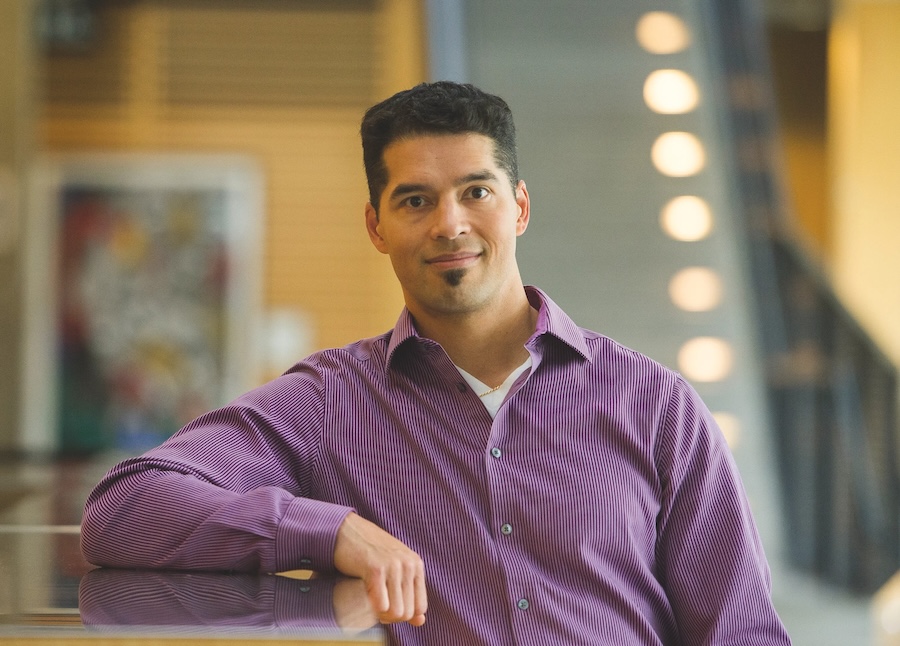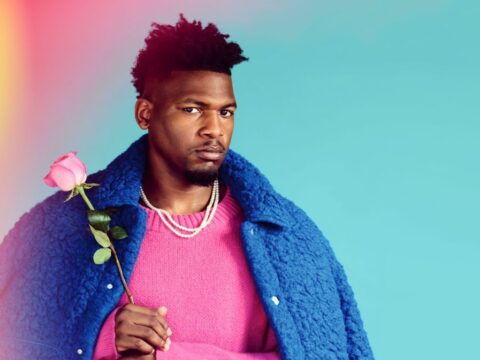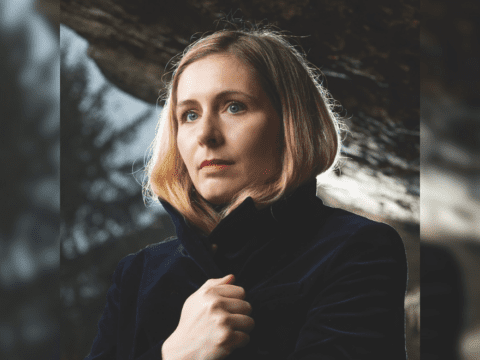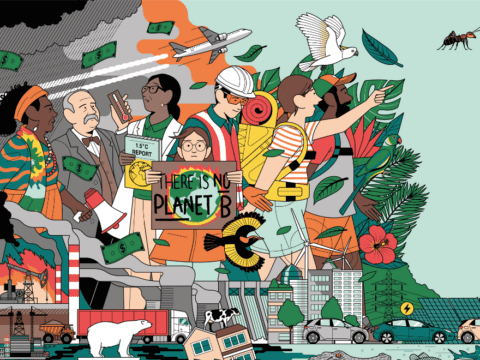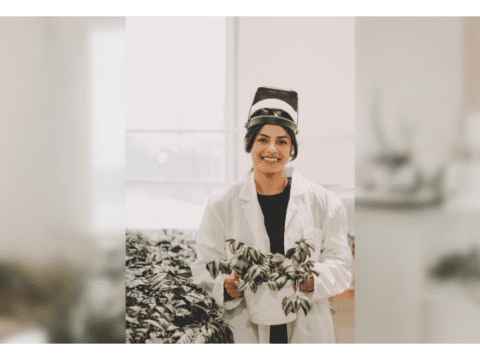It’s hard to read the news and feel optimistic about the future of the planet, especially when each passing year brings with it a new set of extremes: hotter temperatures, deadlier wildfires and more powerful storms. But University of British Columbia professor Kai Chan is optimistic that we can change our trajectory. Where governments have failed, he believes that the power of community can make a real difference, which is what led him to found CoSphere in 2022. The online network allows people — or, as Chan prefers to call them, “small planet heroes” — to contribute their skills toward climate action, conservation and social justice.
He spoke with Alison Tedford Seaweed about what it would take to build a more sustainable future.
You may unsubscribe from any of our newsletters at any time.
ALISON TEDFORD SEAWEED: What first got you interested in the environment?
KAI CHAN: One of my early memories is of sitting on a beanbag chair in our living room watching a World Wildlife Foundation commercial on television. It featured an ark with wooden figures of animals and a hand reaching in to push them off as a metaphorical representation of human-caused extinction. I was only three years old, but I was so alarmed by it. From that moment, I realized that I wanted to dedicate my life to something related to the environment.
ATS: In your TED Talk about how to solve the climate crisis, you mention that individual lifestyle changes alone aren’t the answer. What is CoSphere doing to address these complex challenges?
KC: At the moment, a lot of existing efforts have lacked any sort of connectivity. NGOs are often the ones addressing various problems piece by piece, but it’s beyond any one organization to consider the entire picture. CoSphere is an action-oriented project within UBC. Our goal is to bring individuals and organizations together so they can work toward that big-picture change. The idea is still in its incipient stages. We’re just getting started. When folks sign on, they’re joining a community of people who recognize that the current social, economic, political and governance systems we have in place aren’t on a trajectory that will lead to sustainability. What we hope to create is a network of opportunities, where people can get involved in sustainability efforts through community forums, volunteering and campaigns.
ATS: Can you give an example of one of CoSphere’s projects?
KC: One of them is about death. It’s called “Let Death Beget Life.” What we want to do is transform how people think about death in a way that relates to nature. In North America, the vast majority of people spend thousands of dollars to be cremated or buried in a moisture-sealed casket after they die, which is anti-ecological in the sense that it denies the return of the body to the earth. That’s in addition to the use of toxic chemicals during embalming.
We want to educate people about the radically different choices available for death care that embody a close and mutually restorative relationship with nature. For example, a green burial without chemicals. There’s also a conservation burial, which flips the logic on graveyards that try to minimize the amount of land for the maximum number of people. Instead, people can choose to be buried on conservation land so their remains contribute back to the landscape. We envision these conservation burial reserves close to cities and other human settlements all over the continent in a way that allows people to keep those connections with their loved ones in a natural setting, rather than surrounded by concrete and toxic chemicals.
ATS: How do you integrate diverse perspectives into Co-Sphere’s problem-solving methodology?
KC: We’re troubled by the fact that so many people are left out of conversations they should have a say in, like carbon offsets. Those talks usually take place between lawyers, auditors and scientists, but not the people who are actually affected by these decisions. We’re working to bring together a much broader base of voices. For the Let Death Beget Life project, we want to get insights from the First Nations, who have legitimate claims to most of the lands that you might use as conservation burial reserves, as well as death doulas, people who run Death Cafés, and people who work in the funeral industry, in end-of-life care, in conservation NGOs and in municipal and regional parks.
ATS: Sometimes, eco-friendly solutions seem to create more problems than they solve, like grocery delivery services bringing an endless supply of reusable bags. How can consumers better navigate these sorts of initiatives?
KC: From an individual consumer’s perspective, there are no solutions that actually work. You get partial ones, but these are usually costly. If you want an outcome that truly has no negative environmental impacts, you need to change the entire system. At the moment, a big problem with our products is that we have hundreds of different kinds of plastics in mixed colours and types, which get glued together with an additional set of chemicals. Those could never be recycled. But if you made companies take responsibility for the full life cycle of their products, they would be forced to change how they make them.
It’s possible to accomplish this through legislation called extended producer responsibility, which shifts the onus of recycling from municipalities to the companies themselves. That would mean they have to ensure that anything they sell is disposed of properly and turned into a resource for other uses.
It’s not so far-fetched, but it is a pretty far cry from where we are now.
More on Broadview:
- Rising temperatures are making the brilliant hues of Canada’s ancient lakes disappear
- How we should navigate the climate crisis
- How Lytton, B.C. is preserving its history after a devastating wildfire
ATS: How can we talk about the climate crisis in a way that invites more people to care?
KC: One of the opportunities on the Co-Sphere site is called Talks for Change. These were modelled after what folks at the David Suzuki Foundation called Climate Talks, but there are a bunch of other organizations that provide guidance for individuals to talk to other people about climate change.
Our Talks for Change are a little bit different from those in that we don’t propose that you orient the conversation around climate. Climate is the result of other actions. I think it’s more important to focus on the things that we engage in as individuals, like how we shop and what we could do to make it more eco-friendly.
ATS: As people who care about the Earth, how do we show up in a way that’s more effective?
KC: We get stuck in this place of thinking that it’s our responsibility to be perfect, and once we’ve unlocked that, we should tell other people to do the same. But that denies the reality that our lives are so constrained by the ways in which these systems work.
Those conversations, for us, are always getting at a deeper understanding of the policies, interventions and programs that might create more sustainability, rather than just thinking about it from the perspective of individuals who are supposed to be perfect.
ATS: For a lot of people, it’s hard to feel optimistic about the future, given how dire the prognosis seems. Where do you find hope?
KC: I find hope in the hope of others. One of the perks of working at a university is that I’m surrounded by smart young people who make the choice to believe in a better future, even when it doesn’t seem like that’s where we’re headed.
This interview has been edited for length and clarity.
***
Alison Tedford Seaweed is a freelance writer, business consultant, author and member of Kwakiutl First Nation.

